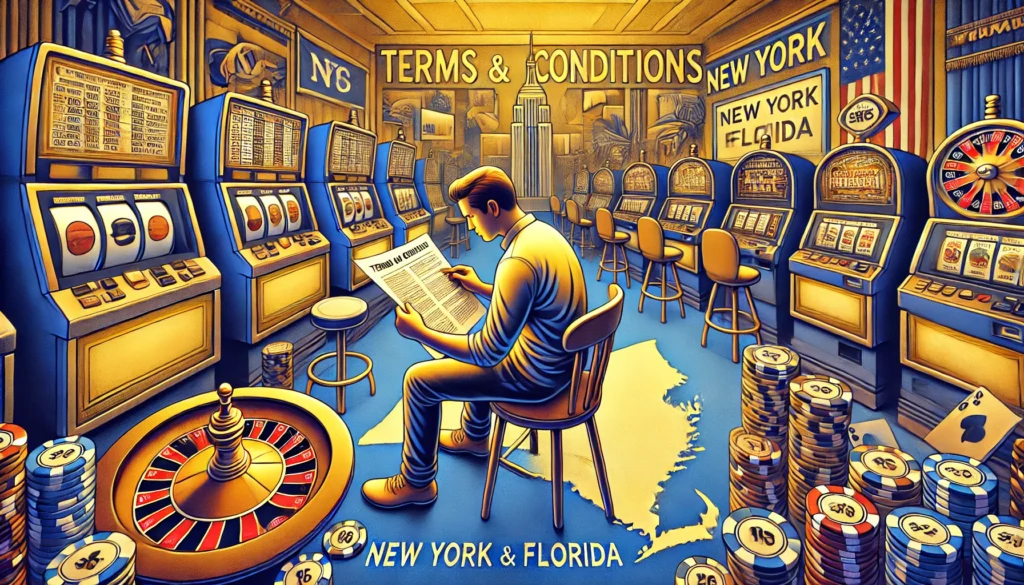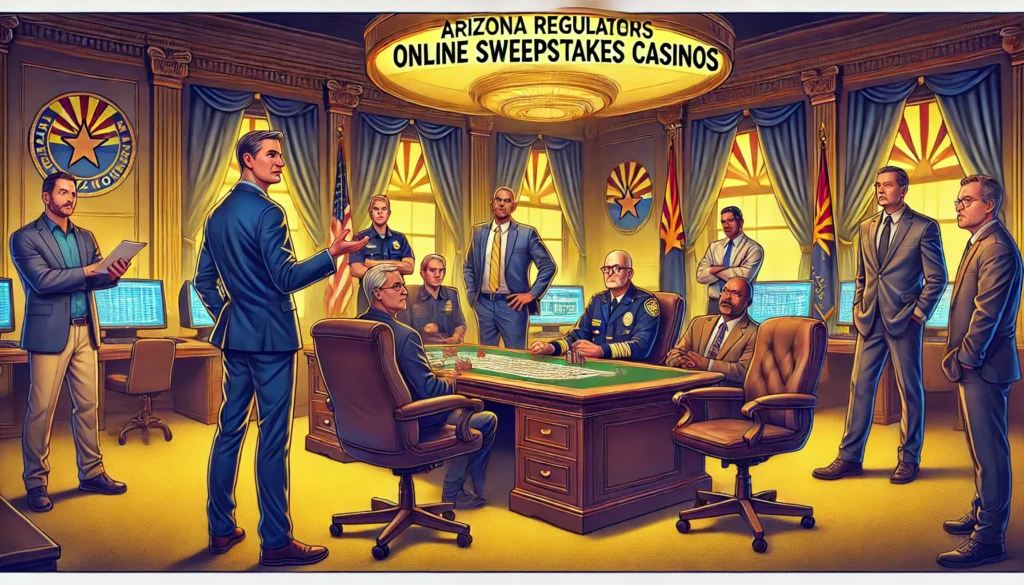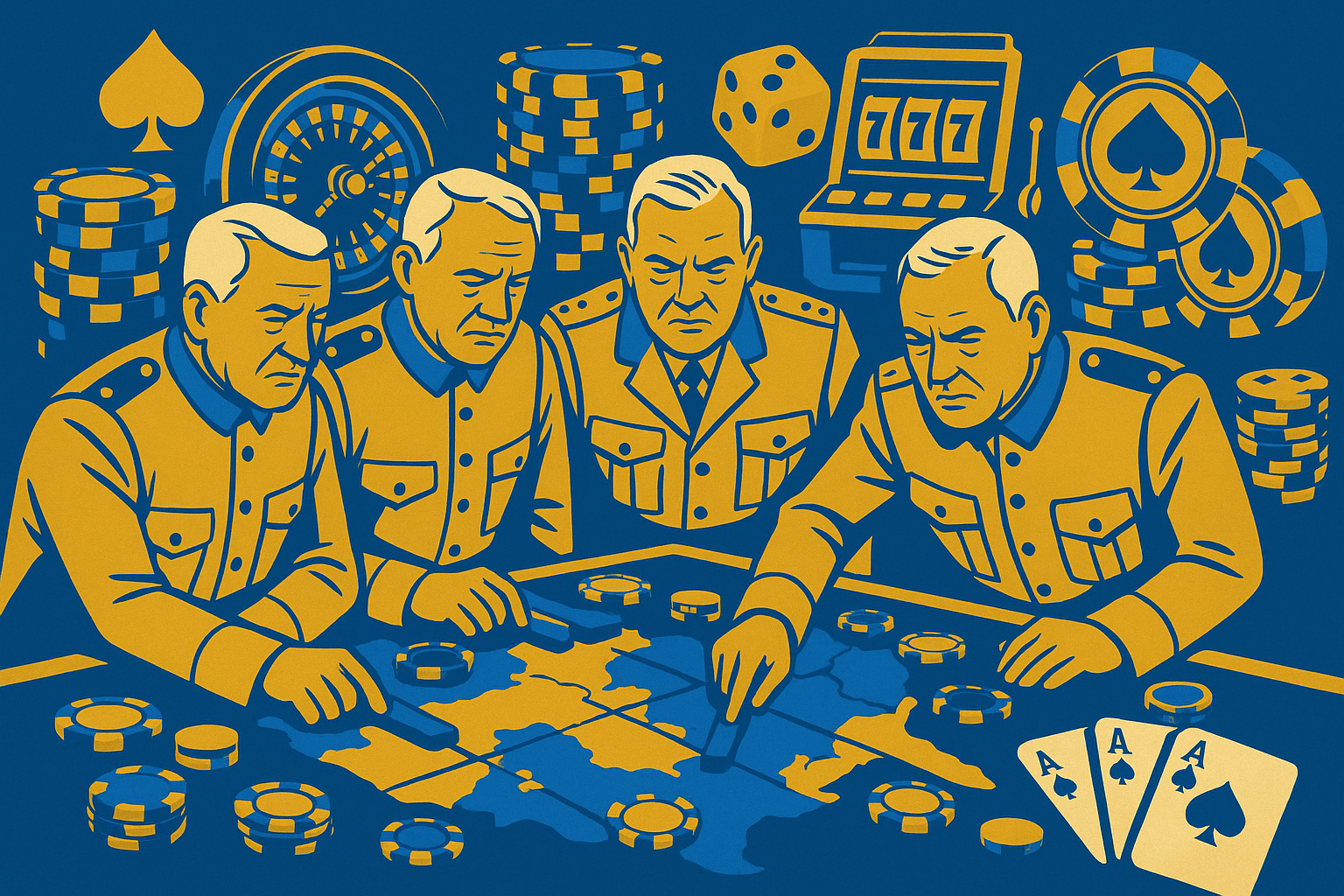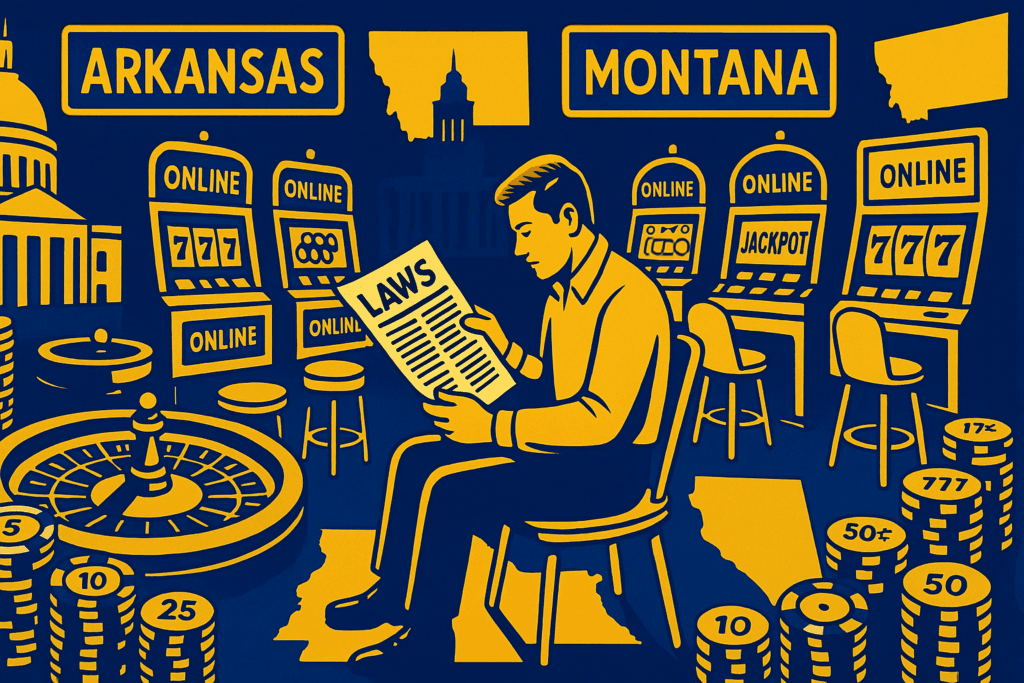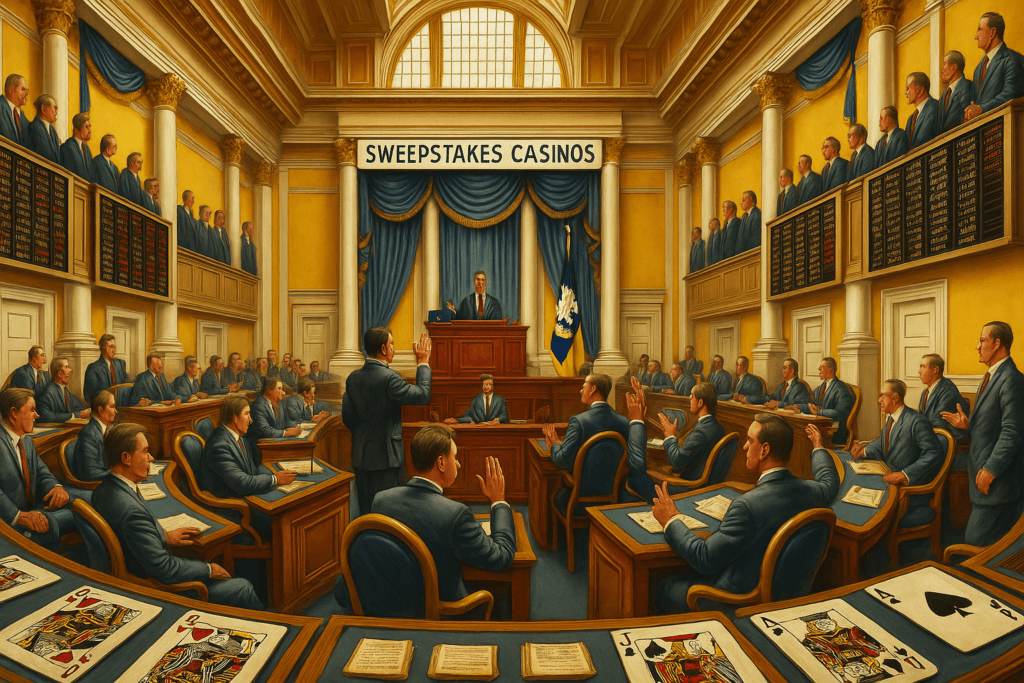With all the legal headlines around sweepstakes casinos, it’s not always easy to isolate the potential needle-moving lawsuits from the noise.
In the past week alone, VGW scored a procedural victory in Florida, social casino operator High 5 got hit with a $25 million damages verdict in Washington, and a fourth sweepstakes-related case was filed in California.
But what impact does any of it really have on the industry?
Eyes on California, where lawsuits have been filed for ‘public injunctive relief’
As we saw once again in the recent VGW victory, legal provisions in sweepstakes operators’ terms and conditions help them avoid drawn-out trials and judgements in states outside of Delaware. That’s mostly thanks to ironclad arbitration clauses — essentially, clauses that say “Hey, player, you agree to settle any legal disputes via arbitration” that of course the vast majority of players don’t read as they quickly approve the Ts and Cs during sign-up.
In general, civil suits and class actions against sweeps gaming operators settle via arbitration, settle before they reach a trial, get thrown out on jurisdictional technicalities, or face a host of other procedural delays to keep them from lengthy court battles.
As Daniel Wallach, U.S. legal gambling attorney, has pointed out elsewhere, it is unlikely any civil and class action cases against sweepstakes operators will have a definitive impact on the industry for the aforementioned reasons.
An alternative legal approach becoming popular in California, however, could be a game-changer.
A case just filed in the Napa County Superior Court against sweeps operator Modo.US seeks public injunctive relief that would entail shutting down the website for the public good.
“I think the California cases are the ones to watch because they’re not being filed as class actions or typical damage claims where the plaintiff is seeking to represent the rights of others,” Wallach told Sweepsy. “These cases are filed exclusively for public injunctive relief and I believe that is by design. Because under the decisional law of the California courts, the pursuit of public injunctive relief would override any mandatory arbitration provisions in the terms of use.”
An effective litigation tactic?
The fact that no damages are requested could be an effective legal path to getting certain sweepstakes gaming operators banned from operating in California. As Wallach noted via LinkedIn, it’s strategic in this particular state because California law does not allow civil lawsuits for the purpose of recovering gambling losses.
That explains why this is the fourth lawsuit of its kind in the state (and the third from the same law firm).
In the suit against Modo.US, the plaintiff claims the sweepstakes operator “exploited the recent California wildfires as a marketing opportunity to target Californians in the Los Angeles area, touting that it had made a $50,000 donation as ‘a gesture of solidarity with our players and their communities.'”
In states that do allow civil suits or class actions for recovery of gambling losses, we may continue to see more of the same — suits that settle before going to trial or get dismissed on procedural technicalities.
However, if plaintiffs find success with the public injunctive relief route, perhaps litigators in other states will attempt similar approaches.
Interesting result in Washington, but likely not a trend
There is one recent example of a class action lawsuit that went to a jury trial and reached a verdict, though.
(Albeit, it took seven years to reach that point.)
A Washington jury just last week decided High 5 Games owes $24.9 million in damages to plaintiffs, who reportedly lost $18 million on the operator’s social gaming sites.
The first-ever damages verdict against a social casino comes eight months after a ruling that High 5 Casino and High 5 Vegas social gaming platforms constituted online gambling, which is illegal under Washington state law.
Social casinos like High 5 follow what is known as the “freemium” model, where customers can play internet casino games using virtual currency that has no monetary value and cannot be redeemed for real money prizes. The element that this case took issue with is that customers can also opt to purchase additional virtual coins, leading to real money losses.
Sweepstakes casinos are similar in that they have a free-to-play or freemium mode, but they also offer games in an alternate virtual currency, which can be redeemed for real money prizes.
Washington is regarded as one of the strictest states when it comes to gambling restrictions, and that goes for social and sweeps gaming sites as well. It is one of a handful of states on nearly every sweeps casino’s list of restricted sites — and it has been that way for a while.
Considering the legal precedent (against social casinos), timeframe, and restrictive gambling context, it seems this case is more of an outlier than one we will see replicated for suits against sweeps casinos elsewhere.
Of course, now that a number of state legislatures are considering sweepstakes ban bills (and, heck, the Mississippi Senate just passed one and sent it to the House), those are likely more crucial in determining the future for sweepstakes gaming than any lawsuits to date.


